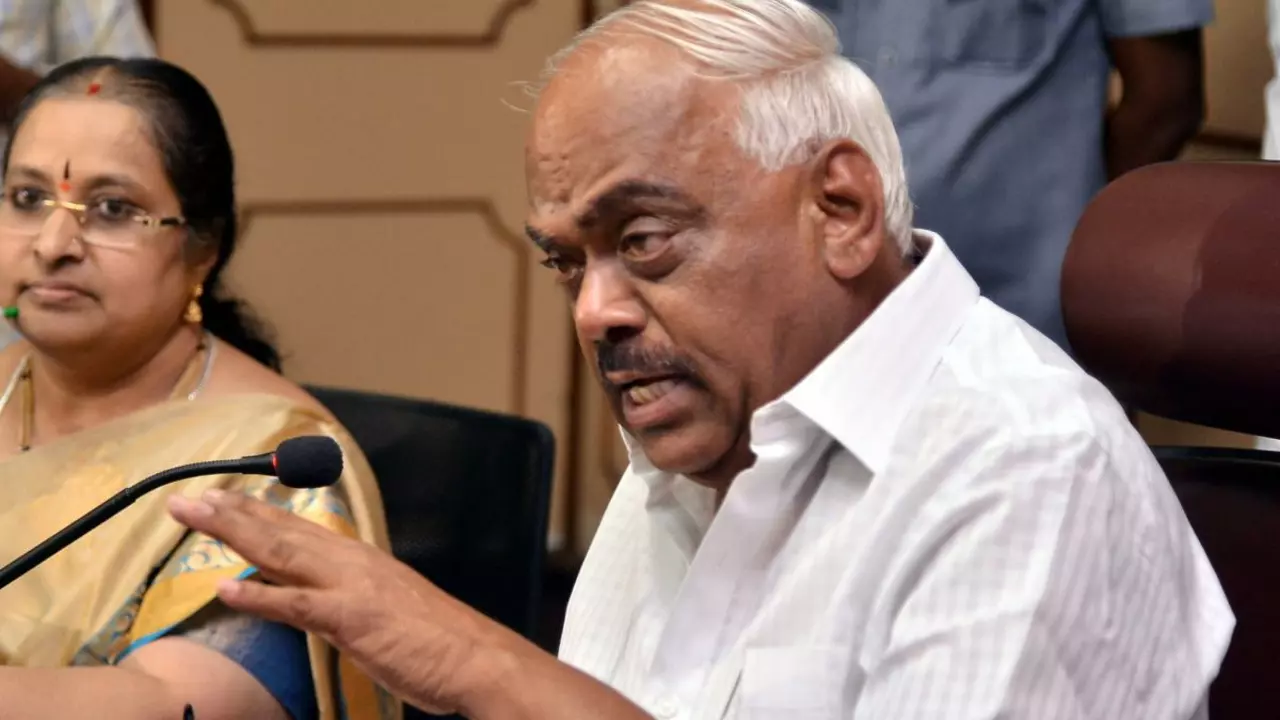Political instability: what it is and why it matters
Political instability shows up when governments, parties or institutions fail to act predictably. That can mean sudden leadership changes, protests that don’t stop, split parties, court battles over policy, or constant cabinet reshuffles. For everyday people this means uncertainty: stalled projects, job worries, and confusing rules. You don’t need a political degree to spot it—look for repeated headlines, fast policy reversals, and rising street protests.
Common causes and everyday signs
Power struggles inside major parties often trigger instability. Think of debates over leadership or when a party’s top leaders dominate decision-making—those moments can push local leaders to quit or rebel. Economic shocks, like sudden inflation or job losses, add fuel. Social tensions—over caste, religion, or regional demands—can spark protests that spread fast. Watch for these concrete signs: frequent resignations, emergency ordinances, court stays on major laws, and long-running strikes.
Local examples help explain this. Articles on our site question concentrated leadership in big parties and report on disputes over statehood and recruitment rules. Those are not just opinion pieces; they reflect real political stress that affects services, jobs and law enforcement on the ground.
How instability affects daily life
When politics gets messy, public projects slow down. New roads, hospitals or school reforms often wait for clear funding and approvals. Business confidence dips, so investors pause and hiring slows. For individuals that can mean delayed permits, uncertain jobs, or rising prices. In cities, instability can also heighten communal tension and misinformation—false rumors spread fast and make matters worse.
There’s a legal angle too: courts can step in and freeze policies. That keeps things from changing quickly, but it also creates long periods of uncertainty. So even well-meaning reforms sometimes stall because institutions are busy fighting rather than fixing problems.
Not all instability is sudden. Some builds up slowly—policy confusion, weak local leadership, or repeated protests. Spotting the slow burn helps you prepare: plan finances, verify news sources, and track how institutions (courts, election bodies, police) respond.
What you can do
Stay informed, not overwhelmed. Follow reliable local reporting and check official statements. When big debates happen—about leadership, state powers, or recruitment rules—read multiple sources before reacting. Vote in local and national elections; local representatives often shape the service delivery that affects daily life. If you’re directly affected by a stalled project or unfair policy, contact your local representative or join a community group pushing for accountability.
Finally, challenge rumors. If you see a viral claim about incidents or identities, pause and verify. False reports deepen divides and make instability worse. Practical steps—saving for emergencies, keeping documents handy, and knowing who to contact at local offices—help you ride out uncertain times without panic.
Political instability is messy, but it’s also navigable. Spot the signs, protect your daily life, and use your vote and voice to push for steady, accountable leadership.
MP crisis: Won't come in way of floor test, says Supreme Court?
Well folks, hold onto your hats because the Supreme Court has just thrown a curveball into the MP crisis. They've declared they won't be a roadblock for the floor test - quite the plot twist, huh? Now, things are really heating up! I mean, who needs Netflix when you have political dramas like this unfolding in real life? So, grab your popcorn and let's see how this political game of chess plays out on the floor test, because the Supreme Court isn't going to play goalie this time around!
View more